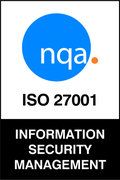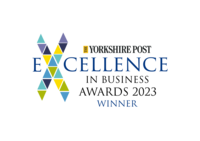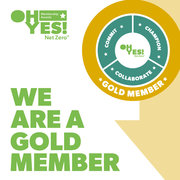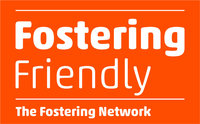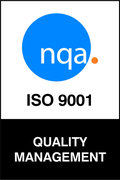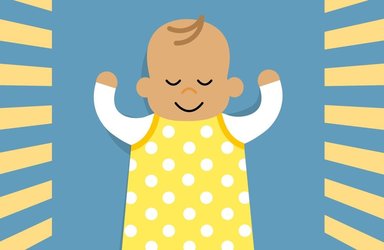
Infant Safer Sleep Week 11 – 17 March 2019
07 March, 2019
Safer Sleep Week is an annual campaign run by the Lullaby Trust to raise awareness of sudden infant death syndrome (SIDS), and the safer sleep advice that reduces the risk of it occurring. Sadly around 5 babies a week die from SIDS. If all parents were aware of safer sleep advice many lives could be saved.
In 2019 the focus of Safer Sleep Week is on co-sleeping. It is estimated that by the age of 3 months half of all babies born in England and Wales will have slept in an adult bed with one or both parents, whether intended or not. Furthermore sleeping with a baby on a sofa or armchair is highly risky and should be avoided. This campaign will focus on helping parents to make informed choices about co-sleeping and to avoid practising hazardous co-sleeping.
Health care staff across Hull and the East Riding of Yorkshire will be out and about promoting safer sleep messages to parents and the public:
In the East Riding, local Children’s Centres and the Integrated Specialist Public Health Nursing team are collaborating to run a travelling roadshow of events for Safer Sleep Week. As No Smoking Day takes place during the week, they will be joined by the East Riding Health Trainers who provide smoking in pregnancy services, and also Healthy Lifestyles workers from East Riding Children’s Centres. The roadshow will be travelling around the East Riding with the big yellow Public Health Vehicle and will be at the following venues:
- Monday 11 March – Tesco, Bridlington (10-4)
- Tuesday 12 March – Tesco, Driffield (10-4)
- Wednesday 13 March – Goole Precinct (10-4)
- Friday 15 March – Flemingate, Beverley (10-2)
There will also be Withernsea Children’s Centre activity throughout the week.
The team can talk to you about how to keep your baby safer, how to assess the risks associated with co-sleeping, the importance of a smoke-free home, hints and tips as well as the opportunity to sign for up for free support with smoking cessation.
In Hull, midwives, health visitors and representatives from children’s centres will be at St Stephens on Monday 11 March ready to give information and answer your questions on all aspects of safer sleep. The Boulevard Centre Teenage Pregnancy Unit are also supporting the event. The young mums are keen to get the safer sleep messages across, as statistics show that babies of young mothers are at higher risk of SIDS.
A bereavement study day for midwives and other health professionals is also being held during Safer Sleep Week to increase staff knowledge and improve support to bereaved parents.
Isabel Carrick, Public Health Lead, East Riding of Yorkshire Council and Chair of the Infant Safer Sleep Steering Group, said, “Safer Sleep Week is a great opportunity to ensure that infant safer sleep messages are getting out to parents, grandparents, family and friends. Being informed of the key messages helps everyone to reduce the risks when deciding where their baby will sleep.”
Debbie Jackson, infant feeding co-ordinator with Hull 0-19 service run by City Health Care Partnership CIC, said, “The service encourages parents to have an open and honest discussion around their sleep practices so that individual plans can be put in place. Midwives and health visitors are offering parents the opportunity to have the baby’s sleeping environment assessed during pregnancy and following the birth of the baby to highlight any potential risks.”
Jen Wakefield, a local parent, said, “Losing Ralph, our first baby boy, to SIDS when he was just 6 months and 3 days old was the most devastating thing to happen to us and to any parent. In our situation, knowing that there was nothing anybody could have done to prevent his death was a real help in our grieving process. There are so many SIDS deaths which, unlike ours, are preventable and as a bereaved parent I cannot stress enough how important the safer sleep information is. It should become second nature to all parents, grandparents, family members, friends, and healthcare providers as that information really does save babies’ lives.”






